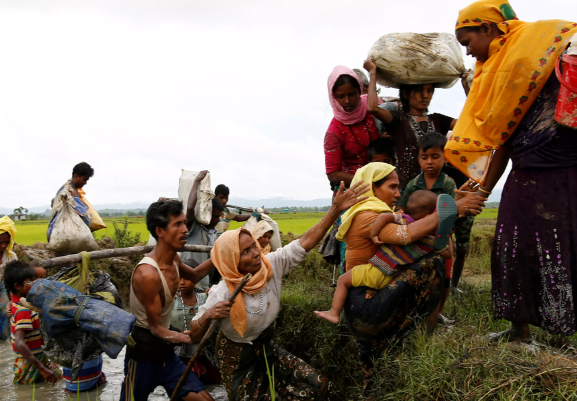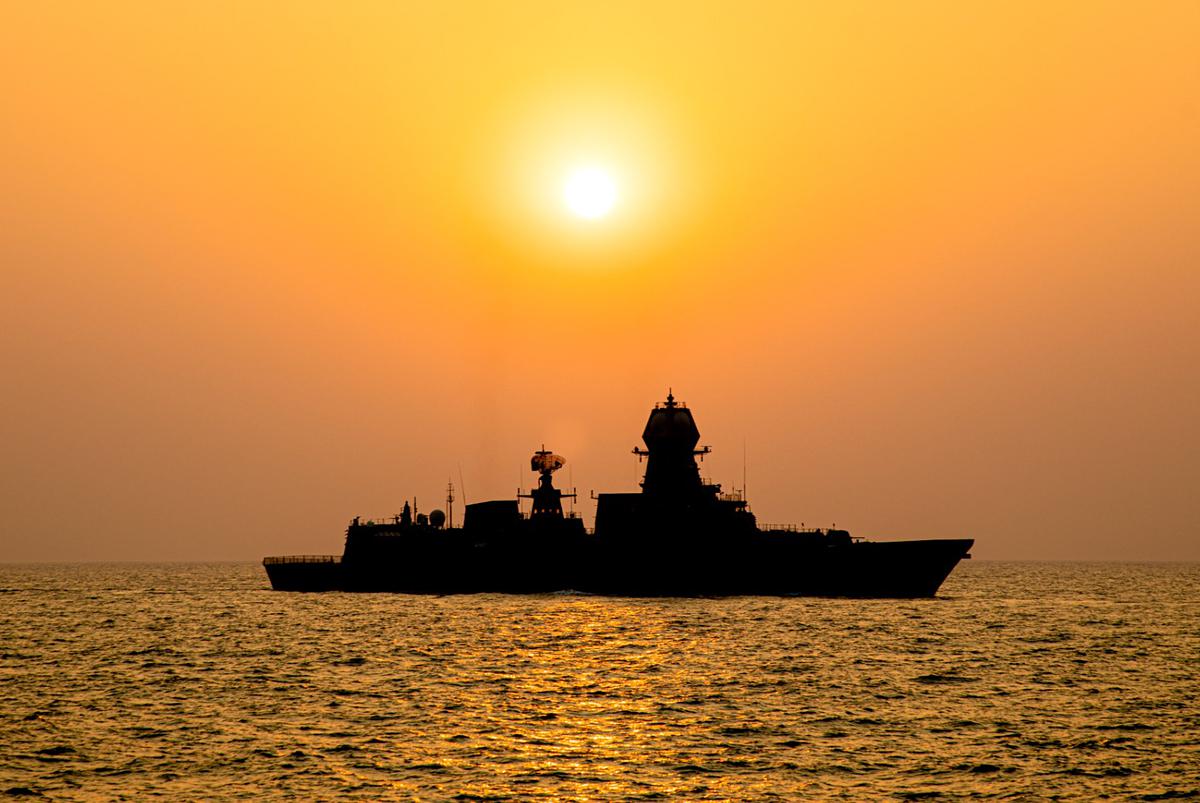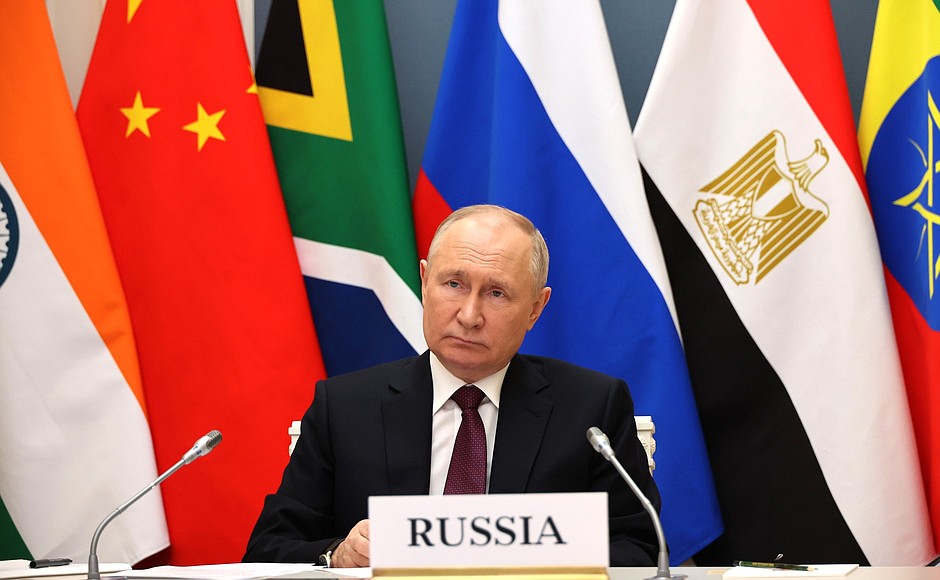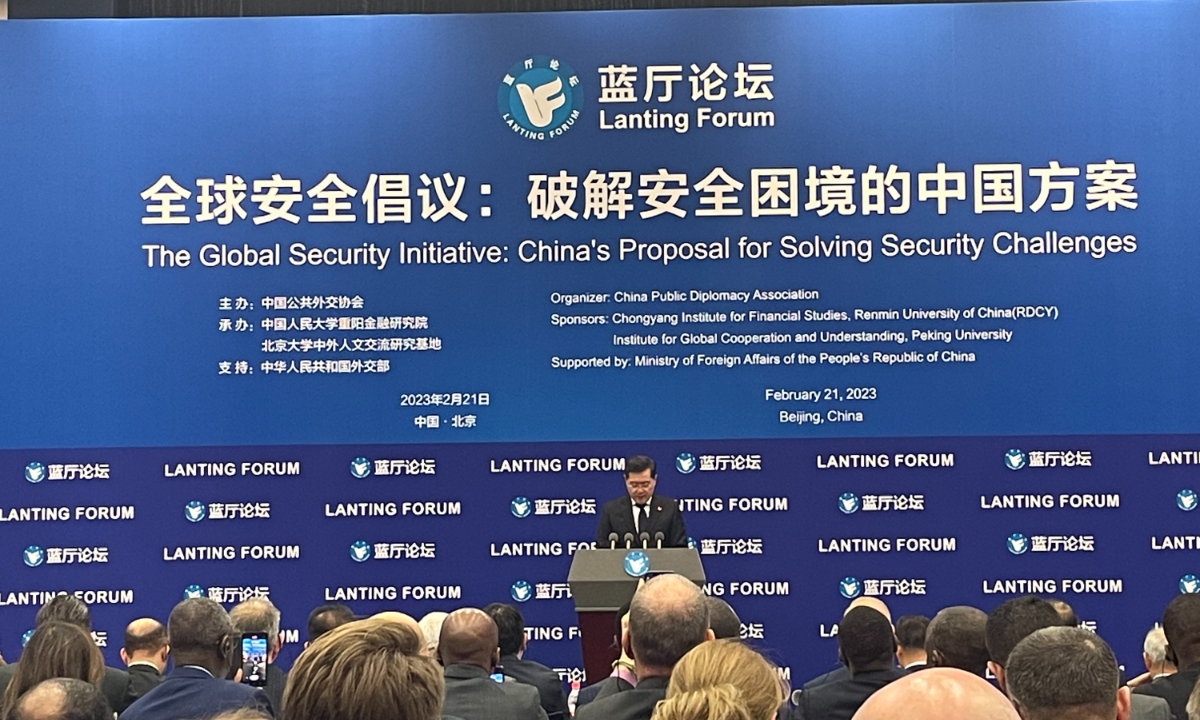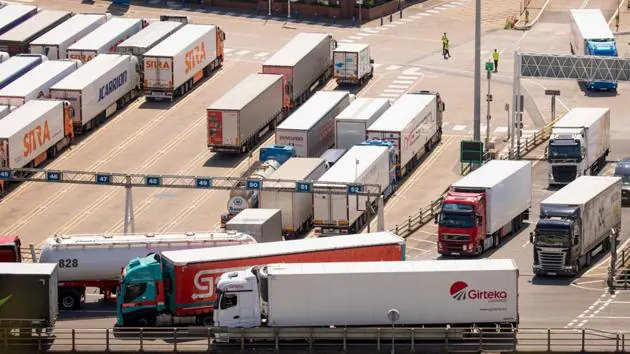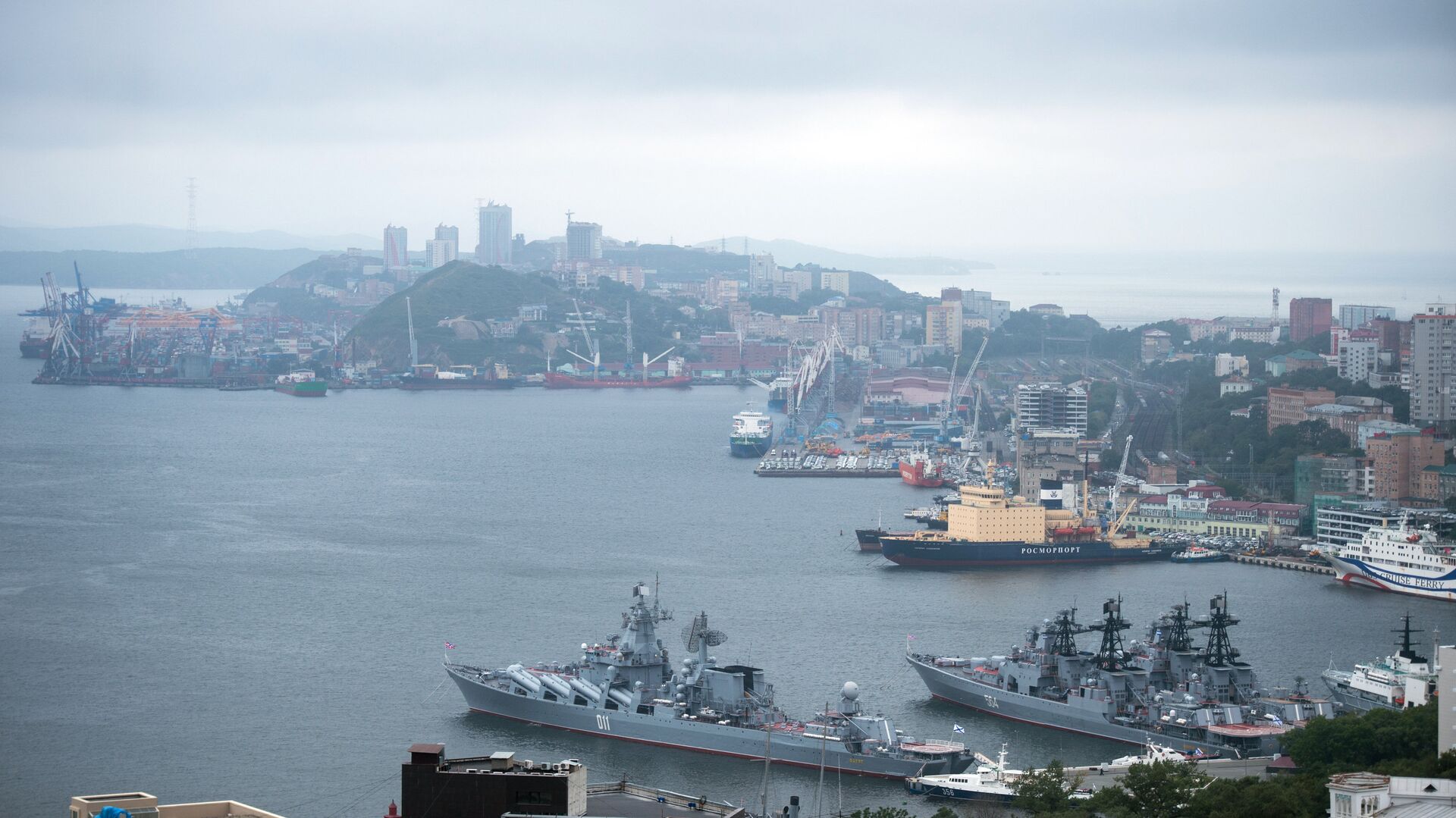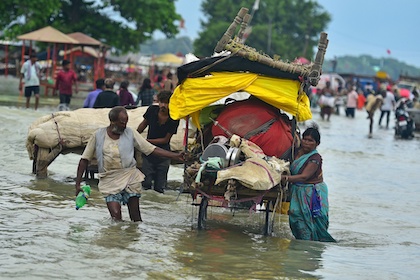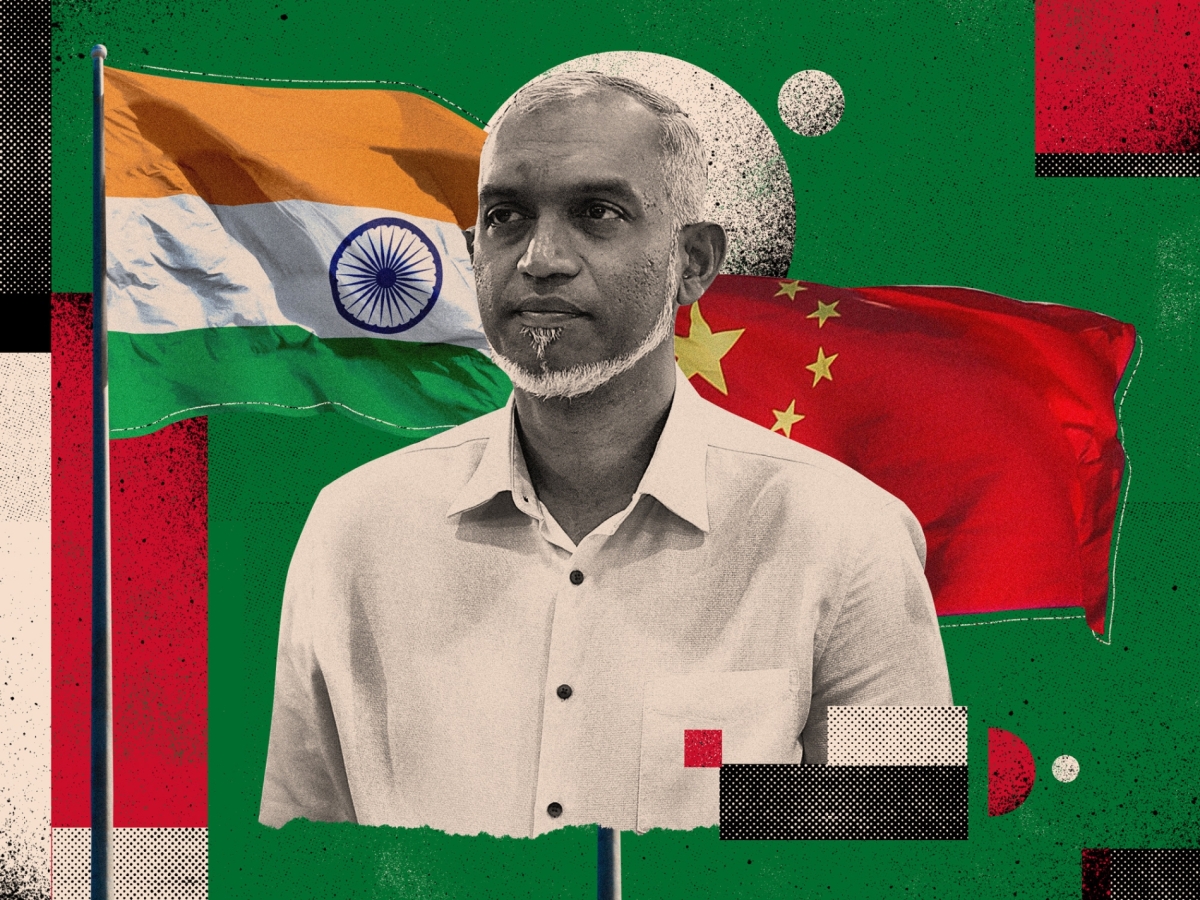U.S.’ Temporary Protected Status for Myanmar
In March, the U.S. announced an extension of Myanmar’s Temporary Protected Status (TPS), in light of the deteriorating situation. TPS provides legal status in the U.S., as an alternative to refugee status, to all nationals of a designated country fleeing instability. TPS shares similarities and key differences with refugee status, which are worth understanding in order to build strong protective legal framework for forcibly displaced communities.

